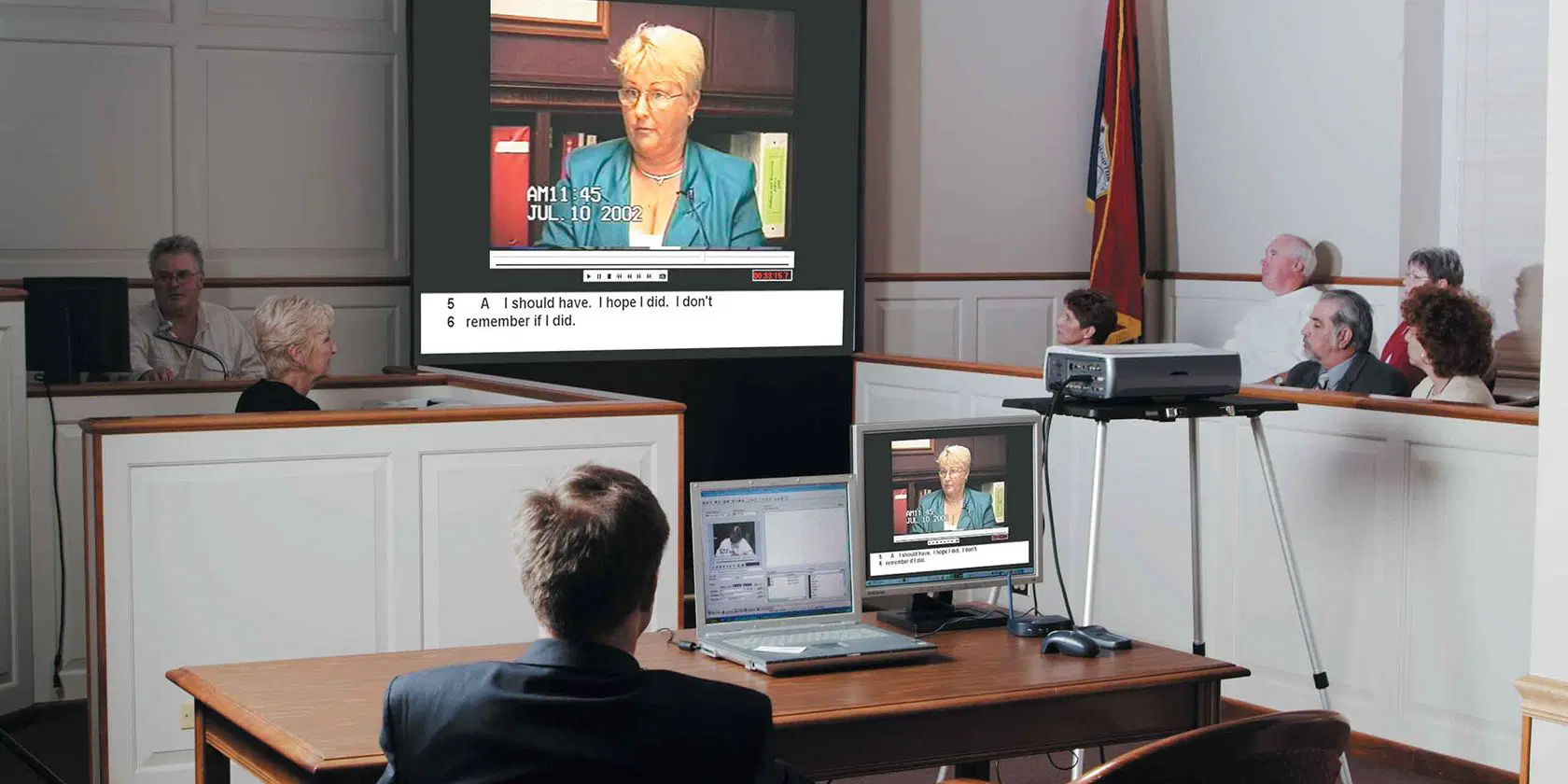How Trial Presentations Can Help Lawyers Handle Challenging Legal Cases
How Trial Presentations Can Help Lawyers Handle Challenging Legal Cases
Blog Article
The Power of Visuals in Test Presentations for a Winning Argument
The combination of visuals in test presentations has actually arised as a critical aspect in properly interacting complex disagreements to jurors. By using various types of visual help-- be it diagrams, pictures, or computer animations-- attorneys can improve understanding and retention, eventually forming the court's perception of the case.
Value of Visuals in Tests
In several lawful settings, visuals play an important duty in enhancing the efficiency of trial discussions. The combination of visual components can dramatically impact jurors' understanding and retention of complicated details, consequently shaping their understandings and decisions. Visuals, such as charts, layouts, and photographs, can simplify complex narratives, making them extra obtainable and compelling.
Moreover, the human mind procedures aesthetic information much more efficiently than text, which highlights the importance of including visuals into legal arguments. By equating thick legal concepts right into visual layouts, attorneys can help with more clear communication, ensuring that bottom lines are not neglected during tests.
Additionally, visuals offer to engage jurors on an emotional level, cultivating a link to the situation that words alone might fall short to accomplish. The critical use visuals can evoke empathy, motivating jurors to take into consideration the human elements of the case.
Ultimately, the value of visuals in tests exists in their capability to enhance clearness, boost juror involvement, and enhance the narrative being presented. This powerful combination is vital for crafting persuasive arguments that resonate with jurors and influence the result of legal procedures.
Kinds Of Visuals to Make Use Of
Effective test discussions can greatly gain from a selection of visual devices that deal with different aspects of the instance. trial presentations. Using representations and graphes can effectively break down intricate details, making it a lot more absorbable for jurors. For instance, flowcharts can show the sequence of events, while bar chart might succinctly compare relevant information factors.

Animations and simulations can additionally play a critical duty, particularly in situations involving technological information or intricate scenarios. These visuals can dynamically stand for processes or activities, supplying clearness and interaction that fixed images might not attain.
Furthermore, infographics incorporate text and visuals to summarize important information successfully. They can offer timelines, data, and considerable case factors in a visually enticing way, making it simpler for jurors to comply with the argument.
Enhancing Comprehension and Retention

Enhancing understanding and retention throughout trial discussions is critical for ensuring that jurors realize the essential aspects of an instance. Aesthetic help work as powerful devices hereof, translating complicated info into easily digestible styles. By utilizing charts, diagrams, and infographics, lawyers can simplify elaborate data and emphasize bottom lines that might otherwise be forgotten.
Research studies have actually revealed that people maintain information dramatically much better when it exists aesthetically. This is specifically significant in a trial setting, where jurors might be overwhelmed by the volume of proof and testimony. By strategically integrating visuals, attorneys can guide jurors' attention to the most essential aspects of the case, enhancing their understanding and memory of the material provided.

Creating Engaging Presentations
Fascinating jurors' focus throughout trial discussions is necessary for sharing a compelling story. Engaging presentations leverage visual components to produce a memorable experience that reverberates with jurors. The strategic usage of graphics, computer animations, and videos can illuminate complex information, making it more obtainable and relatable.

In addition, including narration methods can enhance interaction. Presenting evidence in a rational series that constructs sob story permits jurors to get in touch with the material on a personal degree. Varying presentation layouts, such as incorporating brief video clip clips or interactive elements, can also receive rate of interest and focus throughout the trial.
Inevitably, an engaging discussion promotes a more extensive understanding of the instance, enabling jurors to better value the disagreements being provided and causing a more positive result.
Study and Success Stories
Various instance researches highlight the significant impact of visuals in trial presentations, demonstrating their capability to influence juror understandings and inevitably the end results of situations. For instance, a noteworthy situation entailing an injury insurance claim highlighted how making use of a 3D animation of the mishap scene made clear complex details. Jurors reported really feeling even this hyperlink more educated and compassionate, significantly swaying their choice in support of the complainant.
In one more circumstances, a company lawsuits instance used infographics to present financial information and timelines, making detailed information accessible. The visual representation made it possible for jurors to understand the nuances of the instance extra successfully than verbal descriptions alone. trial presentations. As an outcome, the court returned a verdict that went beyond the client's assumptions
The compelling visuals not just aided in creating question but additionally resonated emotionally with jurors, leading to a pardon. These Recommended Reading success tales emphasize the necessity of integrating visuals into trial presentations, as they enhance understanding, retention, and ultimately, the influential power of lawful disagreements.
Verdict
Finally, the calculated consolidation of visuals in trial presentations significantly enhances jurors' comprehension and retention of intricate details. By making use of different sorts of visuals, lawyers can effectively clarify bottom lines and foster psychological links with the target market. Engaging discussions, supported by engaging study, show the extensive influence that visuals can carry convincing communication. Eventually, the power of visuals functions as an essential component in attaining beneficial test results.
Report this page